Talking about evil isn’t exactly fun, but it’s necessary. History isn’t just made up of heroes and breakthroughs—it’s also shaped by people whose actions left scars that still affect the world today. These are the individuals whose decisions caused suffering on a massive scale, often driven by power, ideology, or something darker altogether.
This list doesn’t glamorize or sensationalize what they did. Instead, it looks at the brutal realities of their actions and the impact they had. Some names you’ll recognize instantly; others might be less familiar, but no less horrifying once you know their stories.
Adolf Hitler
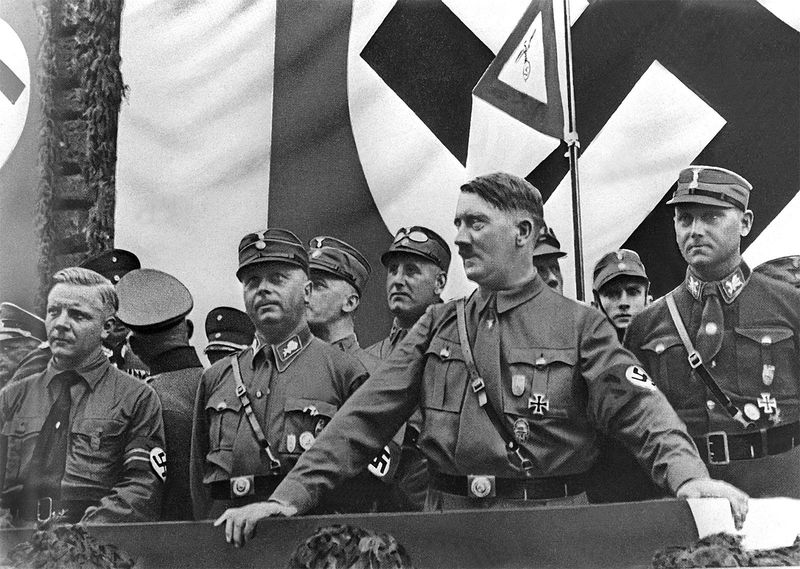
Adolf Hitler, born in Austria, rose to power as the leader of Nazi Germany. His charismatic oratory and radical ideology led to World War II and the Holocaust. Under his regime, millions of Jews, along with other minorities, were systematically exterminated. Hitler’s desire for Aryan supremacy resulted in immense suffering and loss of life.
His aggressive expansionist policies plunged the world into a devastating conflict. Hitler’s legacy is one of hatred and destruction, leaving scars that are still felt today. His reign ended with his suicide in 1945, as the Allies closed in on Berlin.
Joseph Stalin
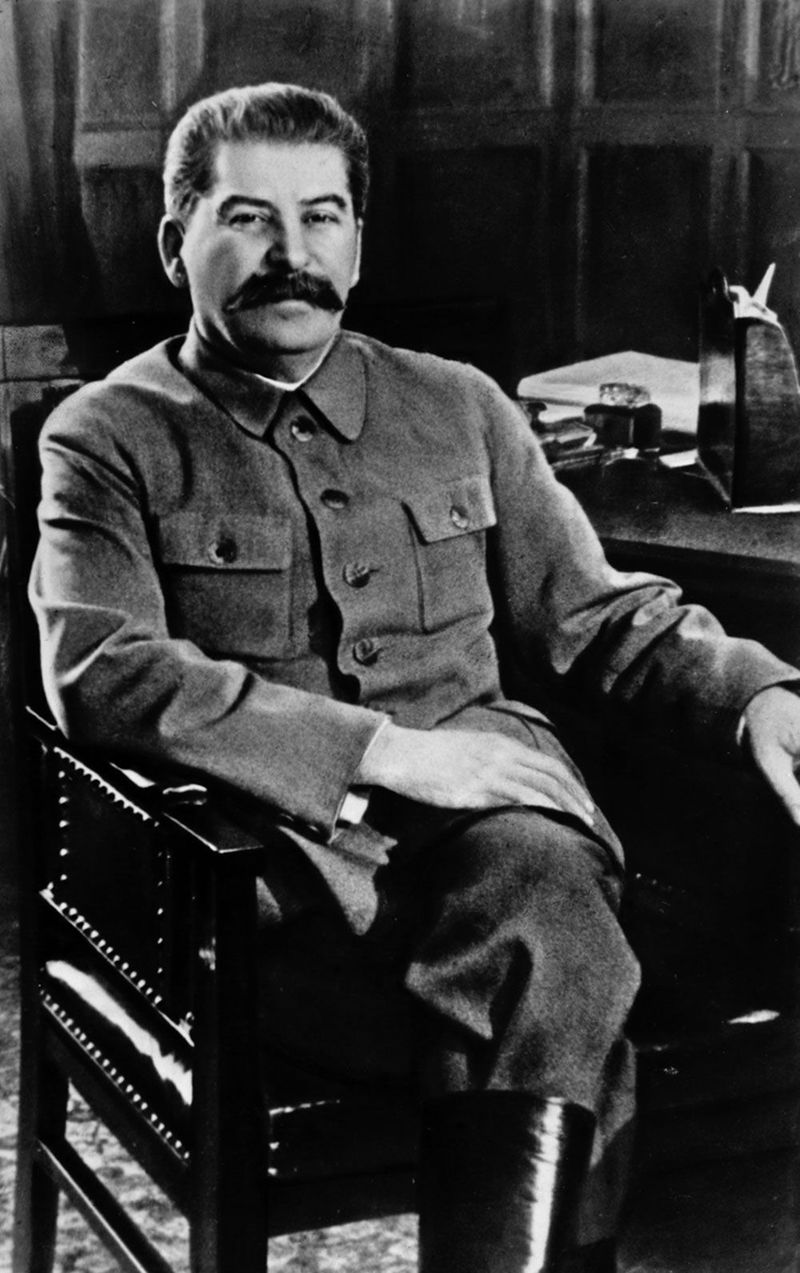
Joseph Stalin ruled the Soviet Union with an iron fist, implementing policies that led to the deaths of millions. His Great Purge targeted political rivals, resulting in widespread executions and imprisonments. Stalin’s collectivization of agriculture caused a devastating famine, killing millions of peasants.
His leadership during World War II, though pivotal in defeating Nazi Germany, was marked by ruthless tactics and disregard for human life. Stalin’s reign was characterized by oppression and totalitarian control. Despite his death in 1953, his legacy of terror and brutality continues to haunt history.
Mao Zedong
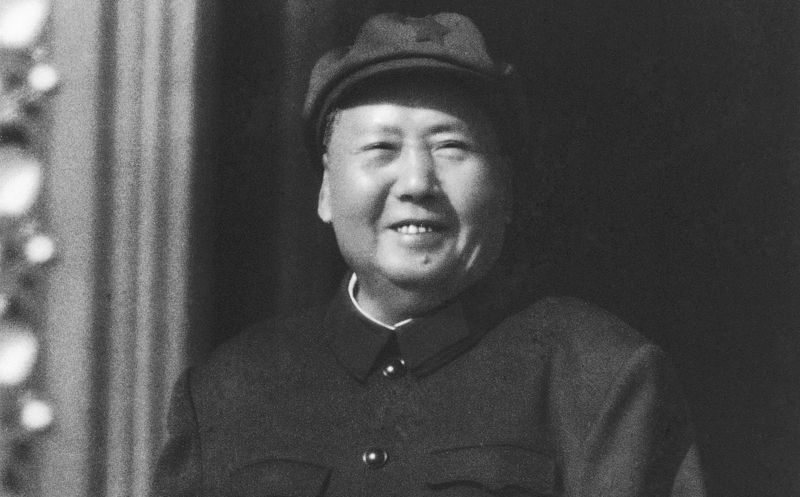
Mao Zedong founded the People’s Republic of China, where his policies caused immense suffering. The Great Leap Forward, aimed at rapid industrialization, led to a massive famine, causing millions of deaths. Mao’s Cultural Revolution further deepened the nation’s turmoil, targeting intellectuals and traditional culture.
His authoritarian rule stifled dissent and enforced strict control over the populace. Mao’s revolutionary zeal transformed China but left deep scars. His death in 1976 marked the end of an era characterized by radical political and social upheaval. His legacy remains controversial, marked by both progress and tragedy.
Pol Pot
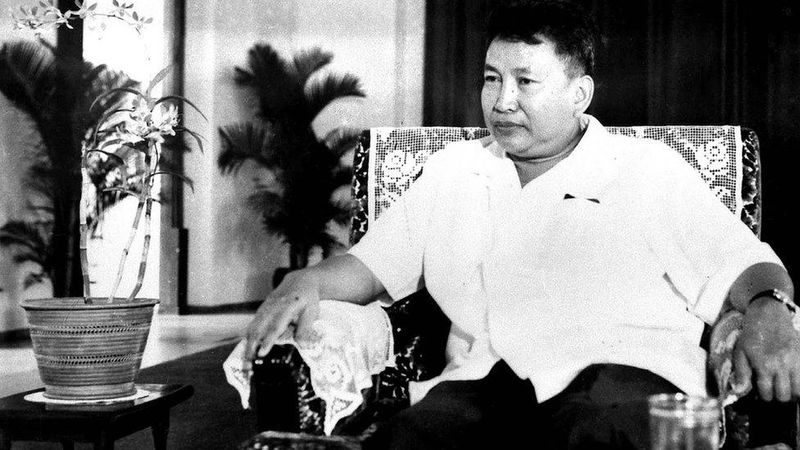
Pol Pot, leader of the Khmer Rouge, orchestrated a brutal regime in Cambodia. His radical vision for an agrarian utopia led to the genocide of approximately two million people. City dwellers were forced into labor camps, and intellectuals were targeted for extermination.
Pol Pot’s social engineering policies dismantled families and infrastructure. His reign of terror from 1975 to 1979 left a lasting impact on Cambodia, with mass graves and haunting memories. Despite his overthrow, the scars of his brutal rule persist. Pol Pot’s actions serve as a chilling reminder of the dangers of extremist ideologies.
Idi Amin
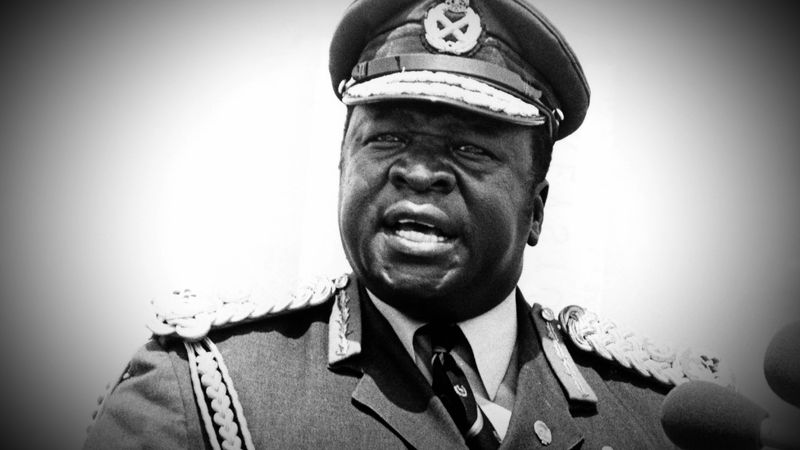
Idi Amin, the self-declared ‘President for Life’ of Uganda, ruled with cruelty and excess. His regime, from 1971 to 1979, was marked by gross human rights abuses, ethnic violence, and economic ruin. Amin’s expulsion of Asian minorities crippled Uganda’s economy.
Known for his erratic behavior, he was responsible for the deaths of hundreds of thousands. Amin’s eccentricity and brutality earned him infamy worldwide. After being ousted, he lived in exile until his death in 2003. His legacy is one of terror and chaos, leaving a troubled nation to rebuild from his destructive rule.
Saddam Hussein

Saddam Hussein’s reign over Iraq was marked by tyranny and conflict. Rising to power in 1979, he led with an iron hand, executing political rivals and suppressing dissent. His invasions of Iran and Kuwait sparked prolonged wars and international condemnation.
Hussein’s use of chemical weapons against Kurdish civilians is a grim testament to his brutality. The 2003 U.S.-led invasion toppled his regime, and he was executed in 2006. Saddam’s rule has left deep scars on Iraq, with his legacy of violence influencing the region’s ongoing turmoil. His story is a cautionary tale of unchecked power.
Benito Mussolini
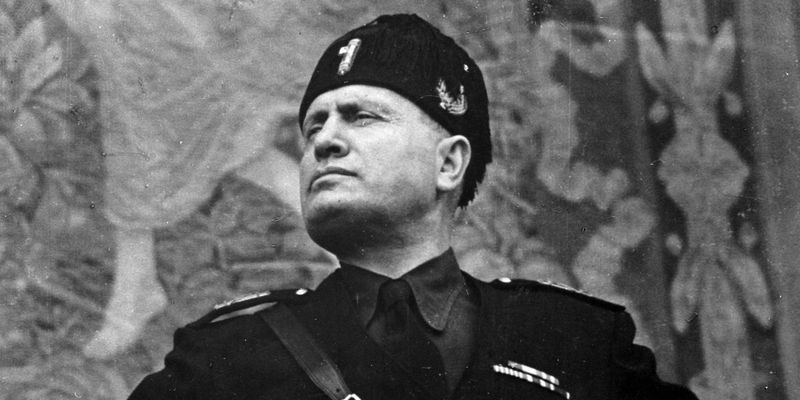
Benito Mussolini, the Fascist leader of Italy, forged an alliance with Nazi Germany, leading to his nation’s downfall. His aggressive expansionist policies and alignment with Adolf Hitler plunged Italy into World War II.
Mussolini’s oppressive regime curtailed freedoms and promoted nationalism. His downfall came in 1945, captured and executed by Italian partisans. Mussolini’s legacy is one of failed ambition and authoritarian rule, leaving Italy to rebuild from his Fascist ideology. His life serves as a reminder of the dangers of unchecked power and militarism.
Kim Il-sung
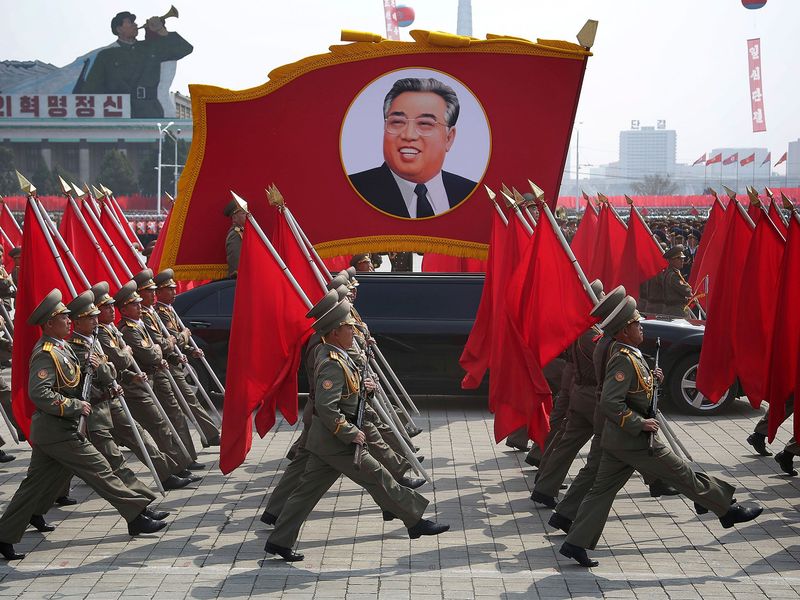
Kim Il-sung established the totalitarian regime of North Korea, which persists in isolation and oppression. His leadership cultivated a personality cult, stifling dissent and promoting the infamous Juche ideology.
Kim’s authoritarian rule set the stage for ongoing human rights abuses and poverty. Despite his death in 1994, his legacy endures through his descendants, maintaining a repressive and isolated state. Kim Il-sung’s impact is a chilling example of dictatorship’s enduring effects, with a nation still grappling with his authoritarian policies.
Vlad the Impaler
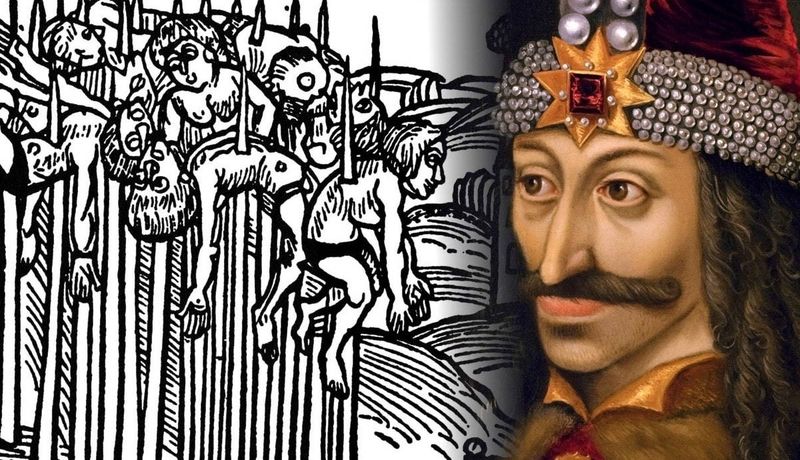
Vlad the Impaler, ruler of Wallachia, is often associated with the Dracula legend. His brutal methods of punishment, especially impalement, earned him a notorious reputation. Vlad’s reign was marked by warfare and cruelty, with thousands suffering under his rule.
Despite his ferocity, he is sometimes viewed as a national hero for defending against Ottoman invasions. Vlad’s legacy is a blend of fear and admiration, reflecting the complexity of his rule. His life remains a haunting chapter in Romanian history, embodying the fine line between heroism and tyranny.
Ivan the Terrible
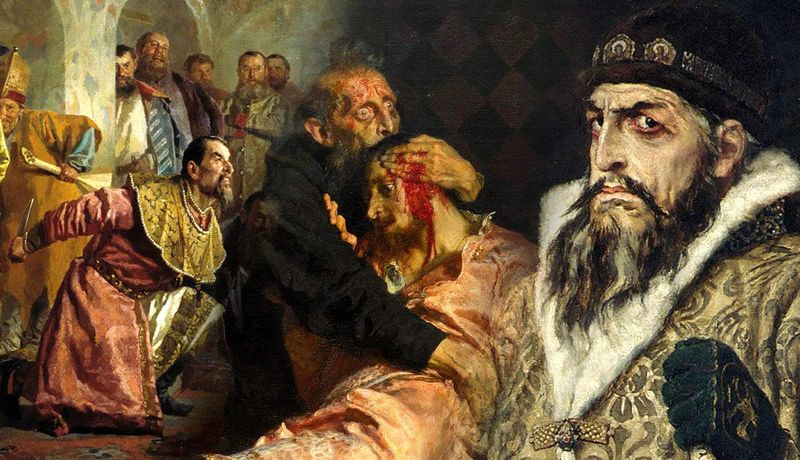
Ivan the Terrible, the first Tsar of Russia, was infamous for his violent and unpredictable rule. His reign was marked by military conquests and the creation of a centralized Russian state. However, his paranoia led to the Oprichnina, a period of terror marked by executions and land confiscations.
Ivan’s legacy is a complex one, with his contributions to Russian expansion overshadowed by his brutality. His life offers a stark portrayal of power’s potential for corruption. Ivan’s story serves as a cautionary tale of the dangers of absolute authority.
Leopold II of Belgium
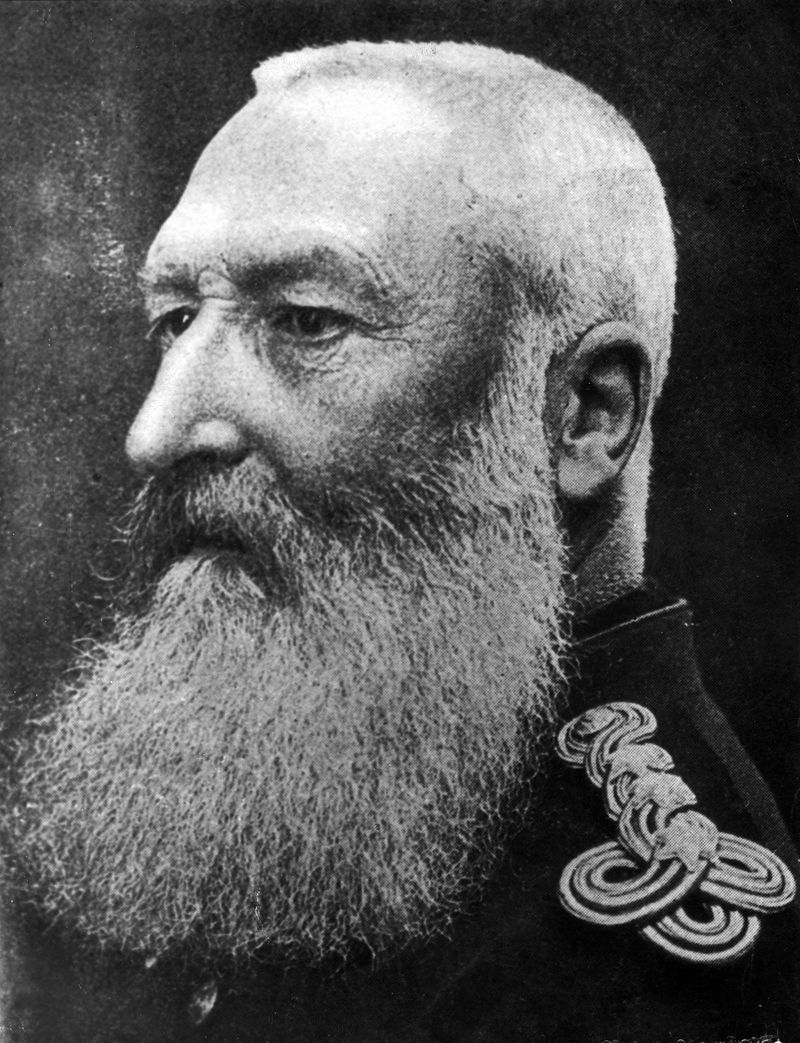
Leopold II of Belgium’s colonial exploitation of the Congo Free State is one of history’s darkest chapters. His administration was marked by extreme brutality, forced labor, and exploitation of resources, leading to millions of deaths.
Leopold’s rule was driven by greed and imperial ambition, leaving a legacy of suffering and underdevelopment. Despite being a king, his actions were more akin to those of a tyrant. His reign has been widely condemned, serving as a grim reminder of the human cost of colonialism and unchecked ambition.
Nero
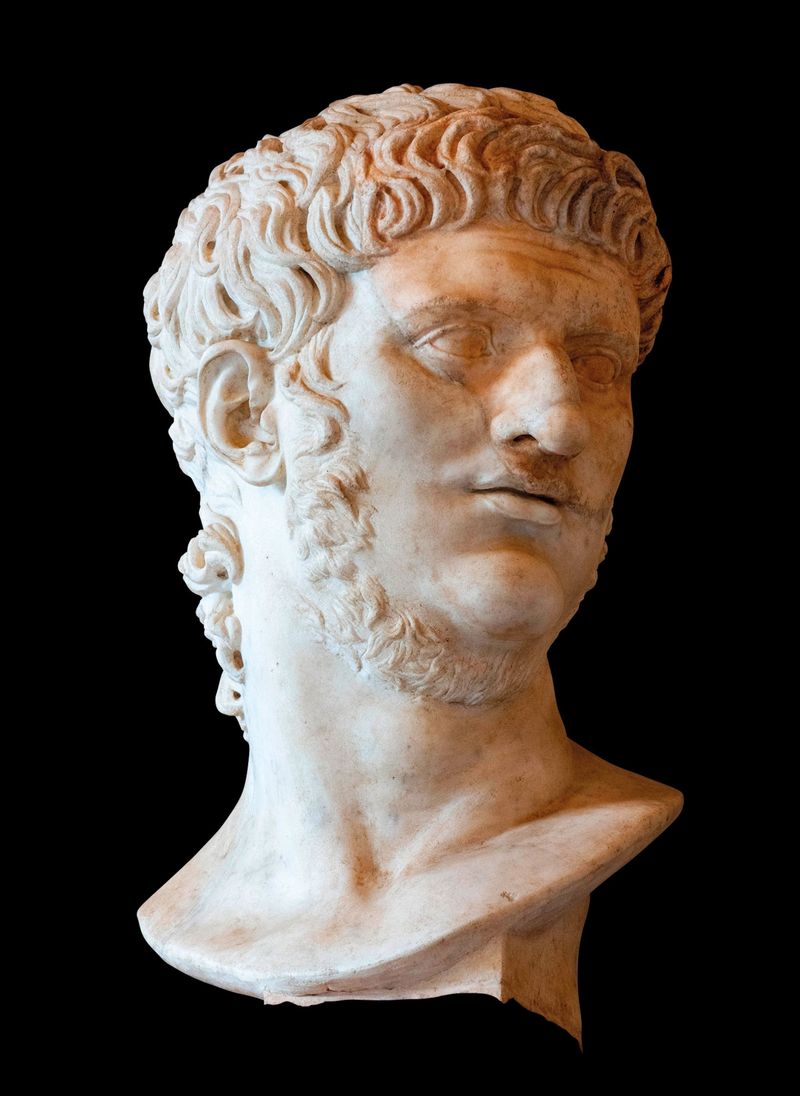
Nero, the Roman Emperor, is often remembered for his tyrannical rule and the Great Fire of Rome. Known for his extravagant lifestyle, Nero’s reign saw the persecution of Christians and numerous political murders.
His erratic behavior and artistic ambitions led to instability within the empire. Nero’s name has become synonymous with decadent and despotic leadership. His eventual downfall and suicide marked the end of the Julio-Claudian dynasty. Nero’s life serves as a timeless example of power’s potential to corrupt, leaving an indelible mark on Roman history.
Genghis Khan
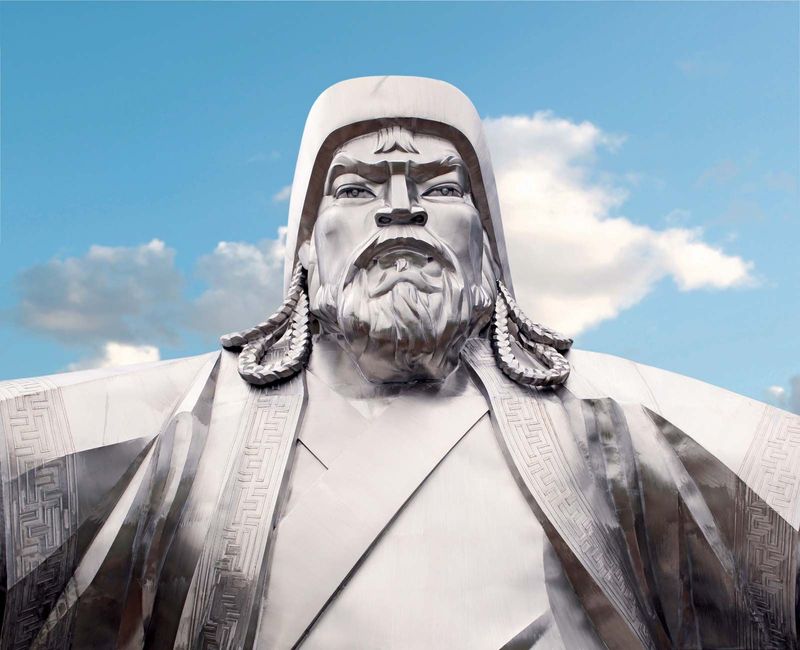
Genghis Khan, founder of the Mongol Empire, is both feared and admired for his conquests. His military campaigns resulted in the deaths of millions, as he built an empire stretching from Asia to Europe.
Genghis Khan’s legacy is one of both destruction and unification, as his empire facilitated trade and cultural exchange. His ruthless tactics, however, left a trail of devastation. Genghis Khan’s life is a testament to the dual nature of power, capable of both creation and destruction. His impact on history is profound, shaping entire continents.
H.H. Holmes
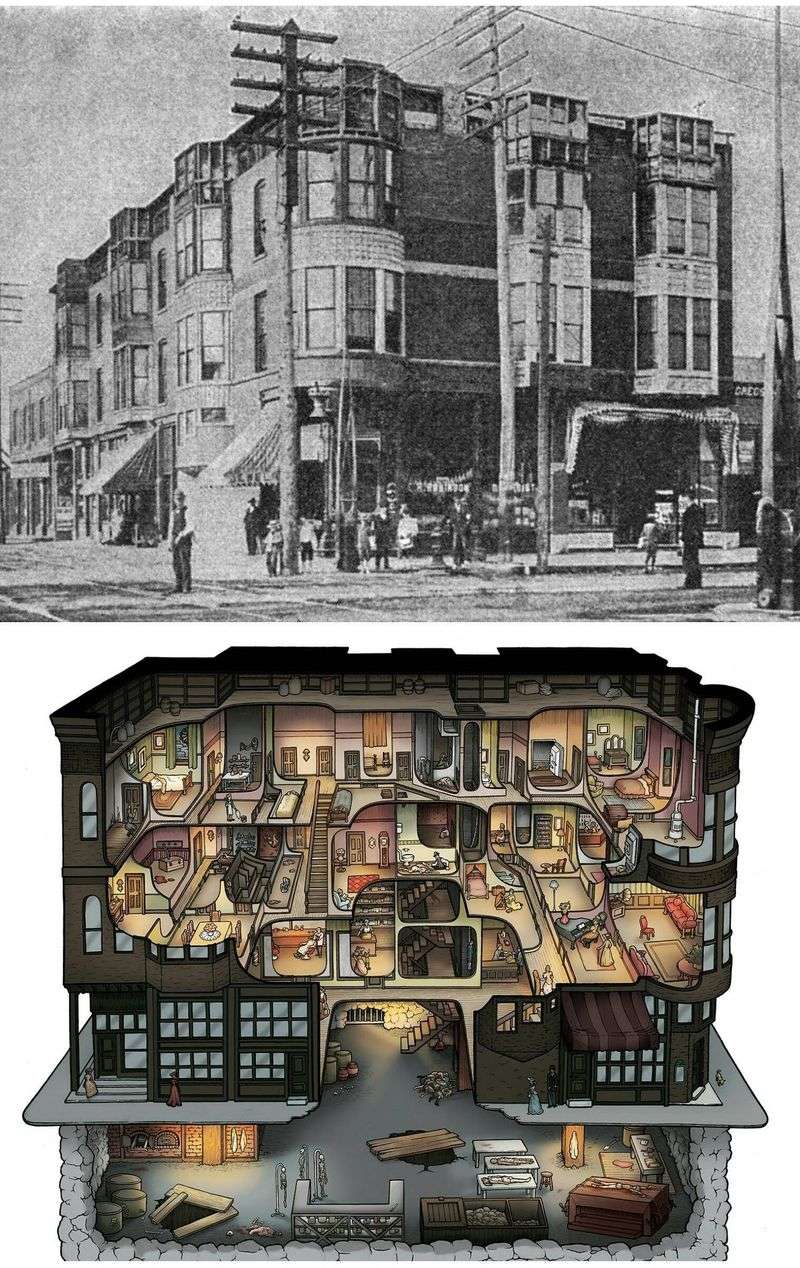
H.H. Holmes, America’s first known serial killer, created a labyrinthine hotel known as the “Murder Castle.” During the 1893 World’s Fair, he lured victims into his sinister establishment, where they met gruesome ends.
Holmes’ charm and cunning allowed him to evade capture for years. His story is a chilling reminder of the darkness that can lurk behind a charismatic facade. Holmes was eventually captured and executed, but his legacy as a notorious criminal endures. The tale of H.H. Holmes continues to fascinate and horrify, a macabre chapter in American history.
Osama bin Laden
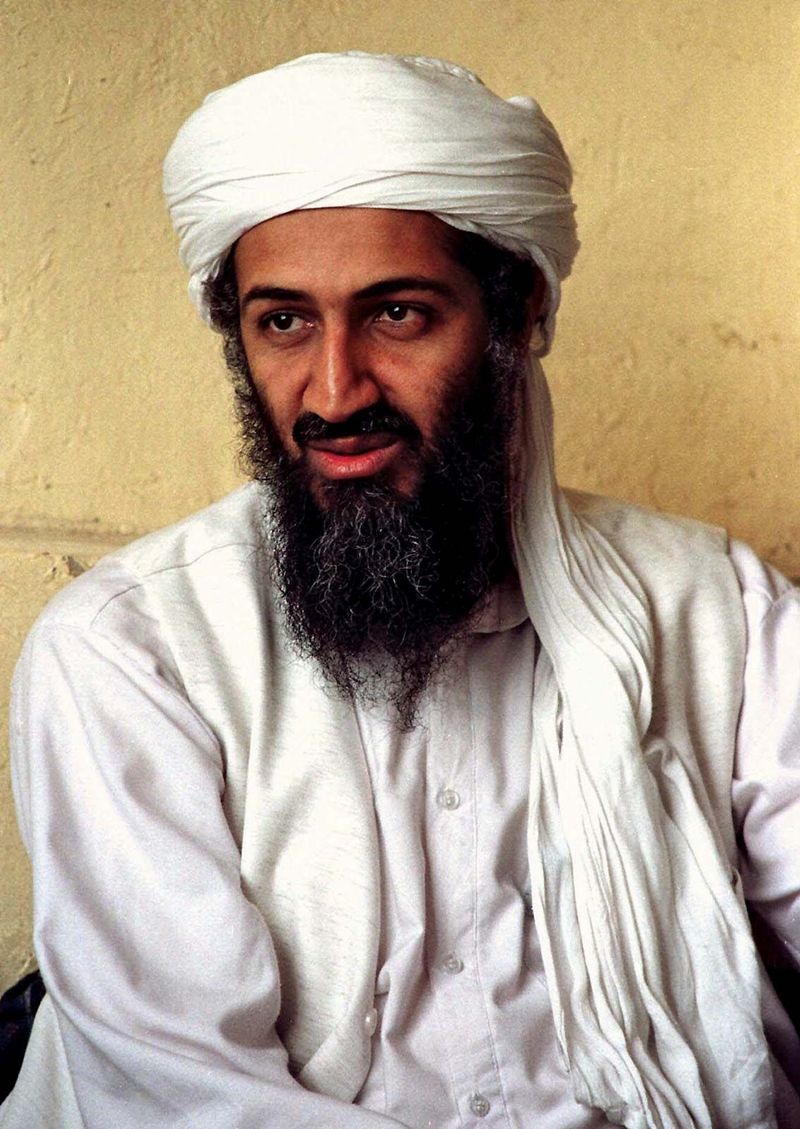
Osama bin Laden, leader of al-Qaeda, orchestrated the September 11 attacks, changing the world forever. His radical ideology and global network led to the deaths of thousands, fostering an era of terrorism and conflict.
Bin Laden’s life was marked by his jihadist beliefs and the challenge he posed to global security. His death in 2011 ended a decade-long manhunt, but his legacy of terror remains. Osama bin Laden’s story is a stark illustration of the impact of extremism, influencing international relations and shaping modern history.
